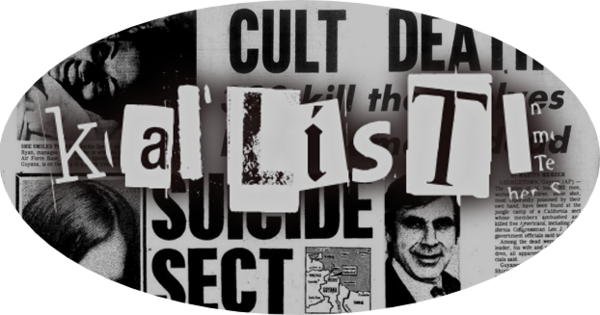Difference between revisions of "Kallisti"
Jump to navigation
Jump to search
| Line 8: | Line 8: | ||
| custom position 1 = right | | custom position 1 = right | ||
| custom title 1 = Theme Song | | custom title 1 = Theme Song | ||
| + | | custom position 2 = left | ||
| + | | custom title 1 = P.T.S.D | ||
| page color = #A0A0A0 | | page color = #A0A0A0 | ||
| page border = #000000 | | page border = #000000 | ||
Revision as of 02:24, 2 April 2020
|
| ||||||||||||||||||||||||||||||||
| |||||||||||||||||||||||||||||||||


